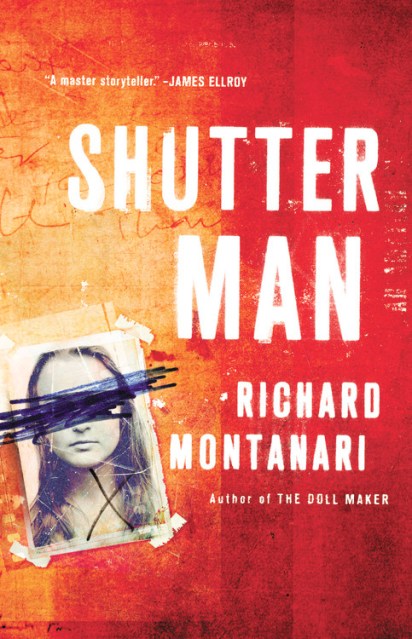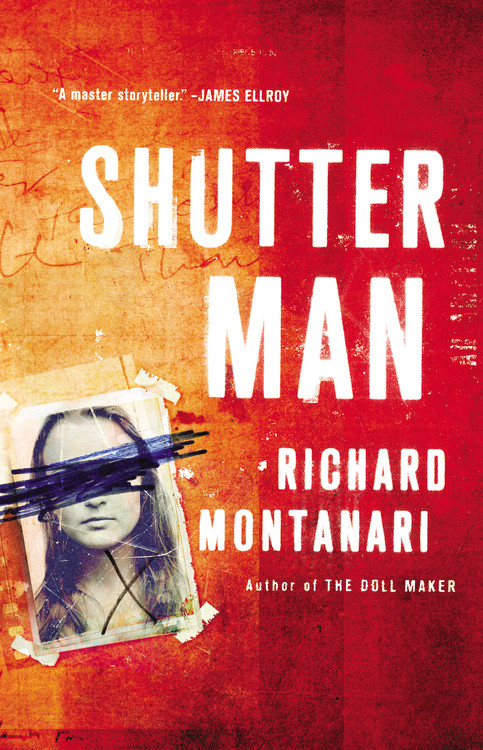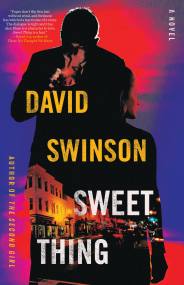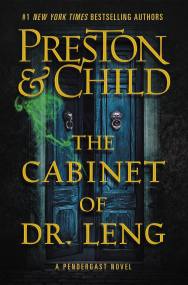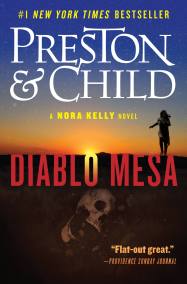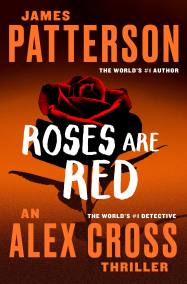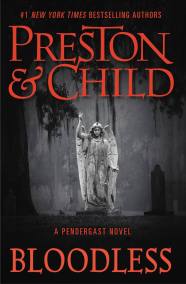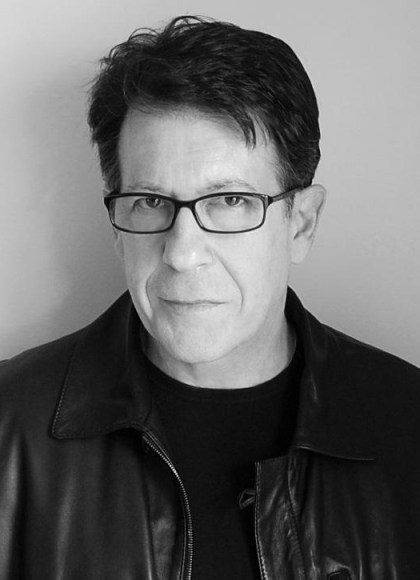Shutter Man
Contributors
Formats and Prices
Price
$26.00Price
$31.50 CADFormat
Format:
- Hardcover $26.00 $31.50 CAD
- ebook $13.99 $17.99 CAD
- Audiobook Download (Unabridged)
This item is a preorder. Your payment method will be charged immediately, and the product is expected to ship on or around February 9, 2016. This date is subject to change due to shipping delays beyond our control.
Also available from:
Plagued with a rare disease that prevents him from recognizing faces, Billy carries a photograph in his pocket that is his only way of identifying his next target. Killing is in Billy’s bloodline, as a member of Philadelphia’s dangerous Farren crime family.
While Billy stalks Philadelphia, Detective Kevin Byrne is assigned to a series of bizarre home-invasion cases and is joined by his former partner-turned-assistant district attorney, Jessica Balzano. Their investigations circle Byrne’s childhood neighborhood of Devil’s Pocket, and they find themselves revisiting a crime from Byrne’s past that has haunted him for decades. What Byrne witnessed as a child in Devil’s Pocket jeopardizes the Farren family — which makes him the next target on Billy’s hit list. A multigenerational story of hardship, guilt, and redemption, Shutter Man is Byrne and Balzano’s most tense and personal case to date.
One of The New York Times’s 10 Best Crime Novels of 2016
While Billy stalks Philadelphia, Detective Kevin Byrne is assigned to a series of bizarre home-invasion cases and is joined by his former partner-turned-assistant district attorney, Jessica Balzano. Their investigations circle Byrne’s childhood neighborhood of Devil’s Pocket, and they find themselves revisiting a crime from Byrne’s past that has haunted him for decades. What Byrne witnessed as a child in Devil’s Pocket jeopardizes the Farren family — which makes him the next target on Billy’s hit list. A multigenerational story of hardship, guilt, and redemption, Shutter Man is Byrne and Balzano’s most tense and personal case to date.
One of The New York Times’s 10 Best Crime Novels of 2016
Genre:
- On Sale
- Feb 9, 2016
- Page Count
- 432 pages
- Publisher
- Mulholland Books
- ISBN-13
- 9780316244770
Newsletter Signup
By clicking ‘Sign Up,’ I acknowledge that I have read and agree to Hachette Book Group’s Privacy Policy and Terms of Use
